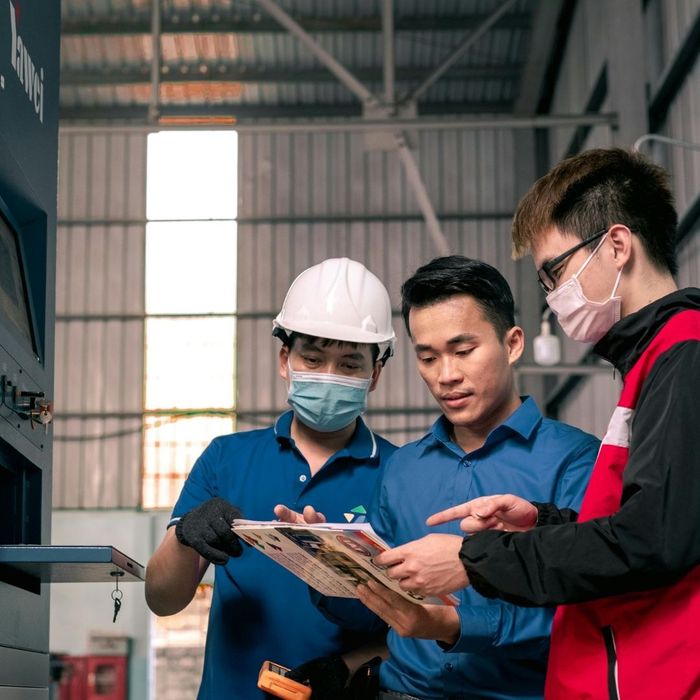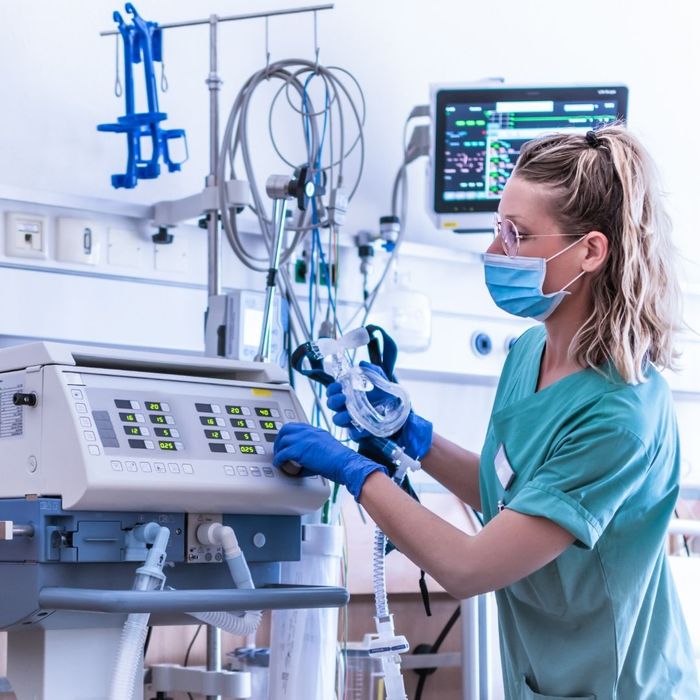At Fisher Improvement Technologies, our work is centered on the belief that a proactive approach to human and organizational performance is the key to lasting operational excellence. While often associated with a few specific sectors, the principles of HOP are universally applicable. We have seen firsthand how this philosophy transforms workplace cultures, moving away from blame and toward systemic improvement. By focusing on the conditions that lead to error rather than the individual who made the mistake, organizations in diverse fields can dramatically enhance occupational safety and achieve superior performance management.
Successful HOP Implementations in Various Industries

Construction: Building a Resilient Workforce
The construction industry faces unique challenges, including a transient workforce and high-risk tasks. Implementing a Human and Organizational Performance (HOP) approach helps construction firms address these issues head-on. By creating a culture where workers feel safe to stop work and raise concerns without fear of consequence, companies can prevent incidents before they happen.

Manufacturing: Optimizing Quality and Efficiency
Manufacturing is a prime example of an industry where HOP principles can drive both safety and productivity. Errors on the factory floor, whether they result in a safety incident or a quality defect, are often symptoms of systemic issues. By applying HOP, manufacturing facilities can engage production teams to identify these error traps, from cluttered workspaces to poorly designed interfaces. This shifts the culture from reactive problem-solving to proactive improvement.

Oil and Gas: Mitigating High-Risk Environments
In the volatile and high-hazard oil and gas sector, a focus on Human and Organizational Performance is not just beneficial—it is critical. Through HOP, companies in this industry are now using structured dialogue and event analysis to uncover systemic weaknesses that previously went unaddressed. By training leaders to respond to errors with curiosity rather than punishment, these organizations build the trust necessary for workers to report potential hazards. This leads to more effective risk mitigation and a stronger culture of occupational safety.

Aviation: A Culture of Continuous Learning
By utilizing tools like learning teams, airlines and maintenance organizations engage frontline workers to analyze near-misses and routine deviations. This approach to performance management shifts the focus from simple compliance to understanding how "work as done" differs from "work as imagined." The insights gained from these conversations help to refine procedures and equipment, ensuring a continuous loop of improvement that significantly boosts occupational safety for both personnel and passengers.

Healthcare: Enhancing Patient Safety
HOP has been instrumental in transforming hospital cultures by moving beyond punishing clinicians for mistakes. Instead, it encourages a systems-based analysis of adverse events, like medication errors or surgical complications. By understanding the contextual factors—such as poor equipment design, communication breakdowns, or staff fatigue—hospitals can implement robust system-level defenses.
At Fisher Improvement Technologies, we've seen how a commitment to human and organizational performance provides a competitive advantage, regardless of the industry. By adopting these principles, organizations can build cultures that are not only safer and more reliable but also more agile and resilient. If you're ready to transform your organization's approach to occupational safety and performance management we are here to help. Contact us!
